On the morning of November 22, the National Assembly discussed in groups the draft Law on Special Consumption Tax (amended). Many National Assembly deputies expressed their opinions on the issue of increasing taxes on alcohol and beer.
Delegate Tran Hoang Ngan (HCMC) supports increasing special consumption tax on tobacco and alcohol, but suggests considering beer. He analyzed that if we want to increase tax on beer, we must balance between increasing revenue and the goal of nurturing revenue sources, as well as the impact of tax on the manufacturing industry and workers.
Recently, the food and beverage service industry has been under great pressure, especially after the Covid-19 pandemic. The decrease in the number of international and domestic tourists after the pandemic has greatly affected the food and beverage service trade, creating great competitive pressure.
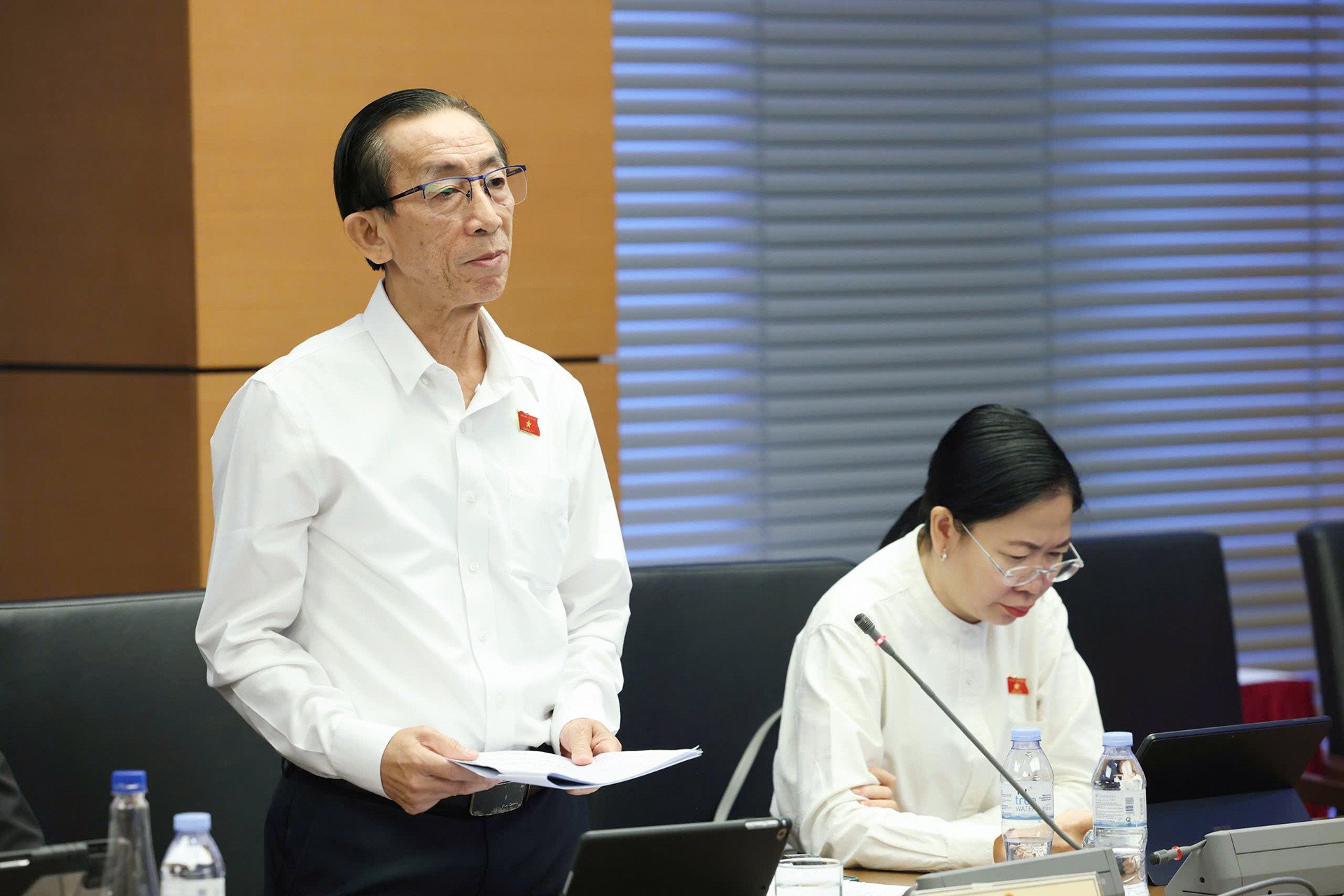
Mr. Ngan cited data that the beer industry contributes a large amount to the budget, an average of 56,000 billion VND per year, and there are more than 50,000 direct workers in this industry. However, recently there has been a trend of decreasing revenue and number of workers.
Indirect industries such as retail distribution and restaurants are also facing difficulties and have to close down. Therefore, delegate Tran Hoang Ngan proposed a roadmap to increase tax on beer to avoid "shocks" to ensure budget revenue, not greatly affecting workers, and giving businesses time to restructure their operations.
The current tax rate on beer is 65%, delegates said it should be applied for another 2 years before being adjusted to 70%.
Delegate Tran Thi Hien ( Ha Nam ) said that the alcoholic beverage industry must be placed in the supply chain and value chain of the entire economy to assess the overall impact before increasing taxes.
The wine and beer industry is directly related to supporting industries such as packaging, packaging, transportation and indirectly related to tourism and cuisine .
Delegates emphasized the need to estimate how other industries will be affected by the proposed tax increase and roadmap, and whether this impact can be offset by special consumption tax revenue, or reduce social pressure and medical burden.
Ms. Hien said that many businesses have reported difficult business conditions, and if this continues, they may have to cut staff or close factories. In addition, it is necessary to determine whether the tax increase will affect local revenue and economic development.
Delegates noted that the goal of reducing alcohol and beer consumption to protect people's health is extremely necessary, however, to realize it through tax policy, there must be thorough research and extensive assessment, not just purely relying on recommendations from international organizations to build laws.
Delegate Ta Van Ha (Quang Nam) agreed with the increase in special consumption tax on alcohol and tobacco. However, he also said that the roadmap should be considered. Taxation is based on behavior, and high taxes will reduce smoking and drinking.
"Through the survey, it was found that unofficial and smuggled alcohol is the main cause of poisoning cases, so we also need to be fair to domestic businesses that do business seriously," Mr. Ha said, suggesting a full and harmonious assessment of the impact of tax adjustments.

In the Hanoi delegation, delegate Duong Minh Anh said that increasing tax rates on alcohol and beer is aimed at limiting the abuse of alcohol and beer, which is harmful to people's health and social order and safety. This will reduce the burden of medical costs caused by the harmful effects of alcohol and beer; and ensure safety when participating in traffic.
However, according to the female delegate, when increasing taxes on any item, it is necessary to consider a suitable roadmap to create conditions for businesses, markets, and consumers to adapt to the tax increase.
"If taxes are increased too quickly and strongly, businesses will not be able to adjust their production capacity appropriately, causing a sudden drop in output, leading to many loss-making investment projects and the inability to recover capital.
The rapid decline in output has a negative impact on workers' jobs, and the surplus labor force from alcohol and beer factories has not had time to change careers," the delegate suggested considering extending the imposition of special consumption tax on the alcohol and beer industry and starting to apply it from 2027 onwards.

Clarifying tax collection orientation for e-commerce platforms and digital platform businesses

The government regulates the annual revenue threshold not subject to VAT.
Source: https://vietnamnet.vn/tang-thue-voi-bia-can-lo-trinh-tranh-cu-soc-cho-doanh-nghiep-2344588.html




![[Photo] President Luong Cuong receives delegation of the Youth Committee of the Liberal Democratic Party of Japan](https://vstatic.vietnam.vn/vietnam/resource/IMAGE/2025/8/22/2632d7f5cf4f4a8e90ce5f5e1989194a)
![[Photo] President Luong Cuong attends special political-artistic television show "Golden Opportunity"](https://vstatic.vietnam.vn/vietnam/resource/IMAGE/2025/8/22/44ca13c28fa7476796f9aa3618ff74c4)

![[Photo] Prime Minister Pham Minh Chinh chairs the conference to review the 2024-2025 school year and deploy tasks for the 2025-2026 school year.](https://vstatic.vietnam.vn/vietnam/resource/IMAGE/2025/8/22/2ca5ed79ce6a46a1ac7706a42cefafae)









































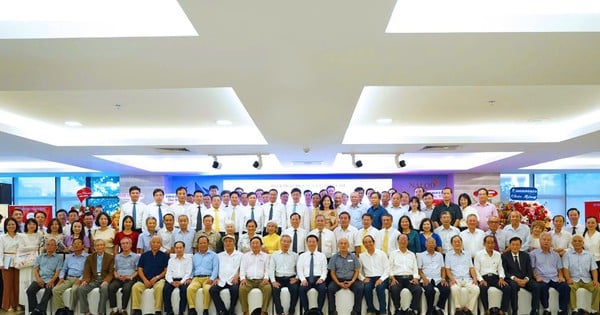

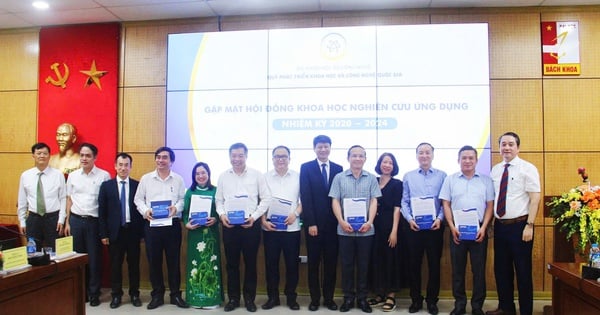





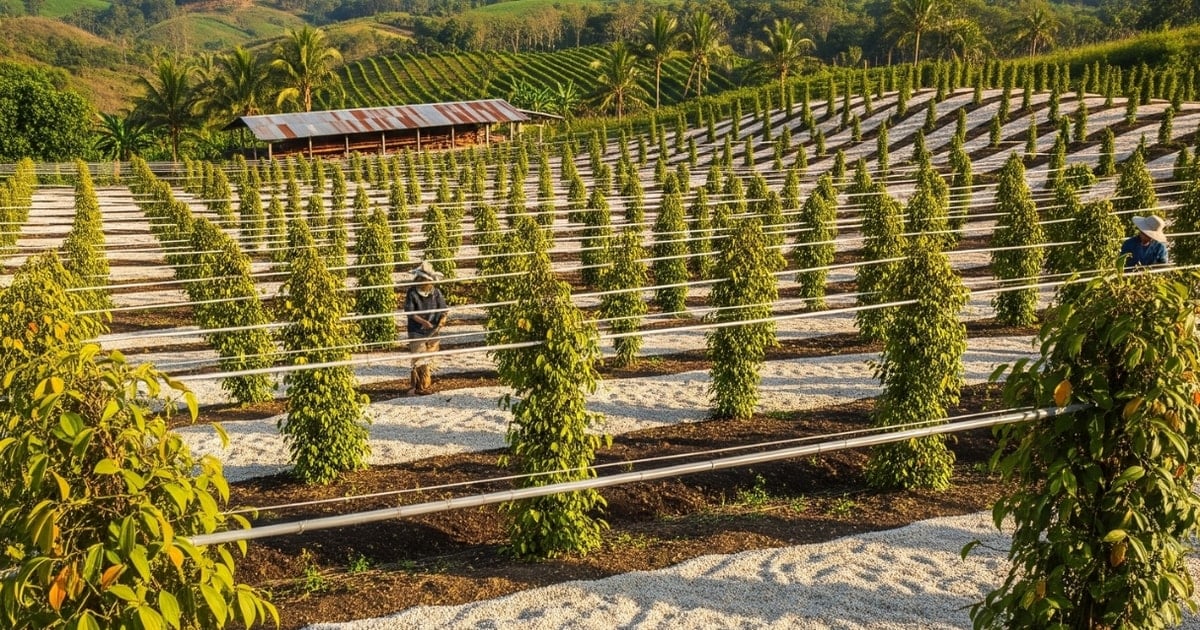

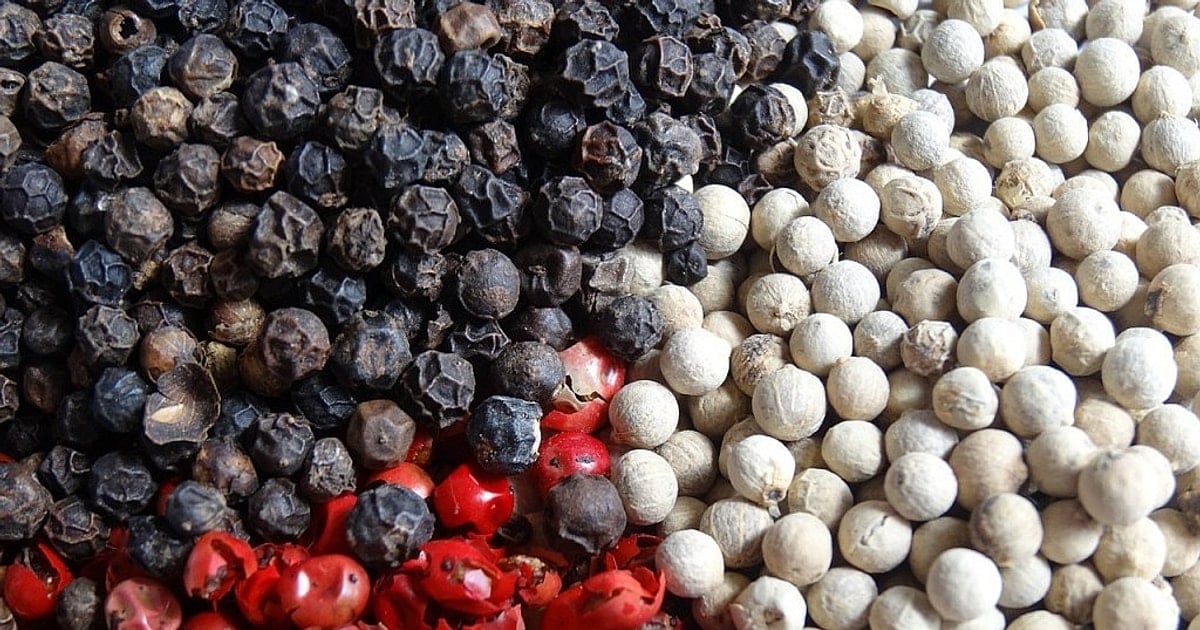

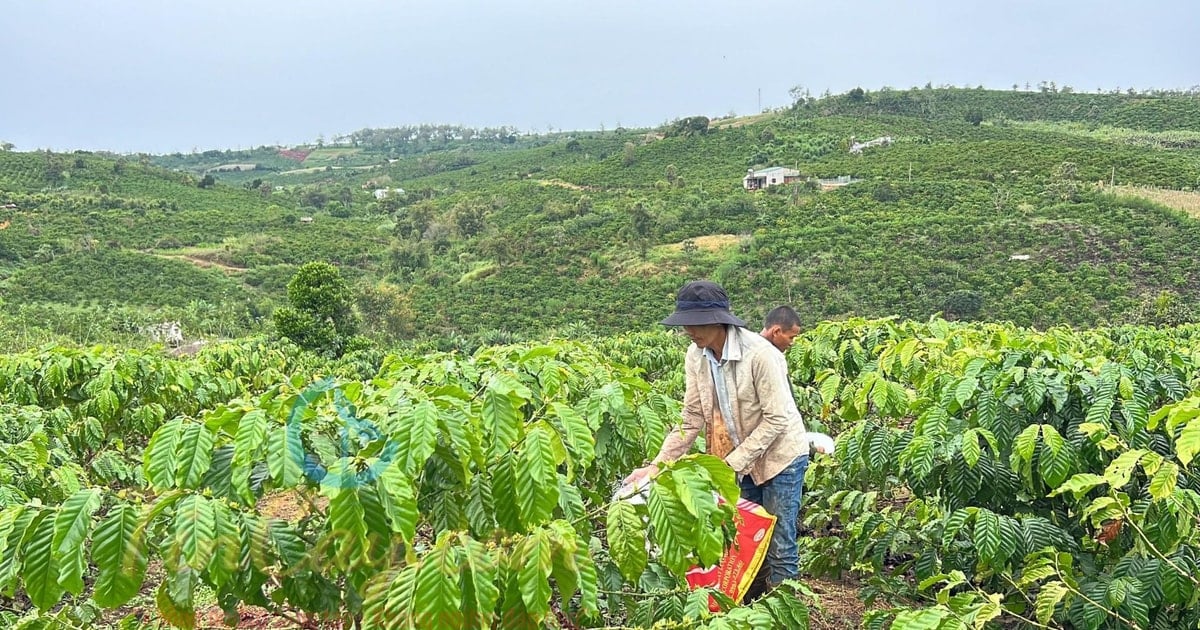
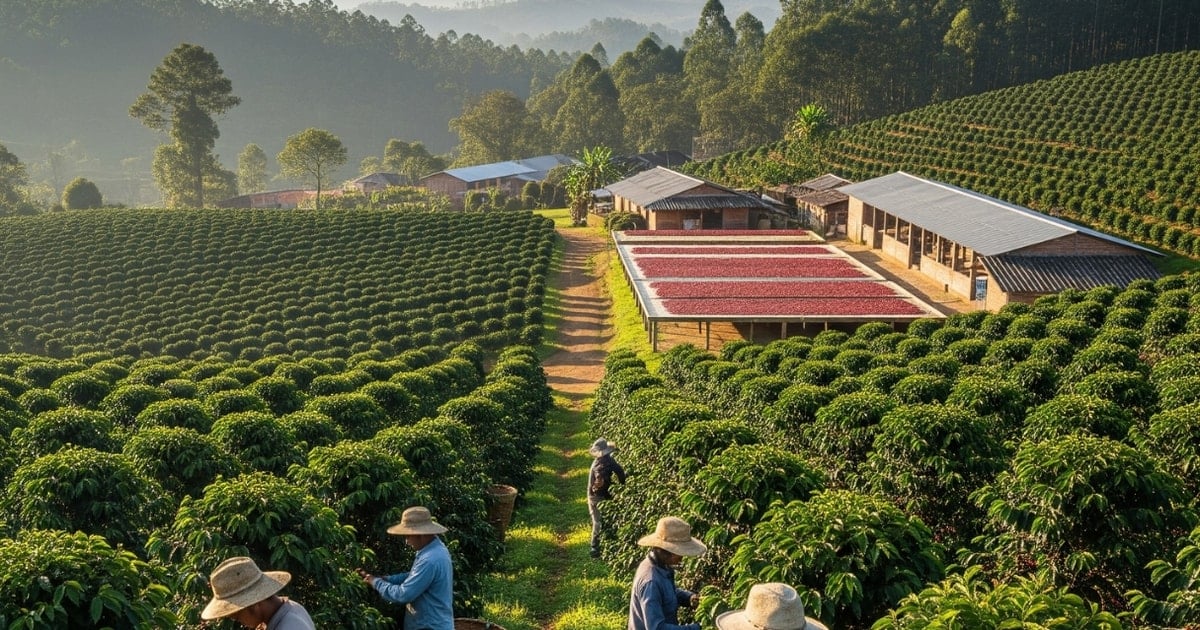
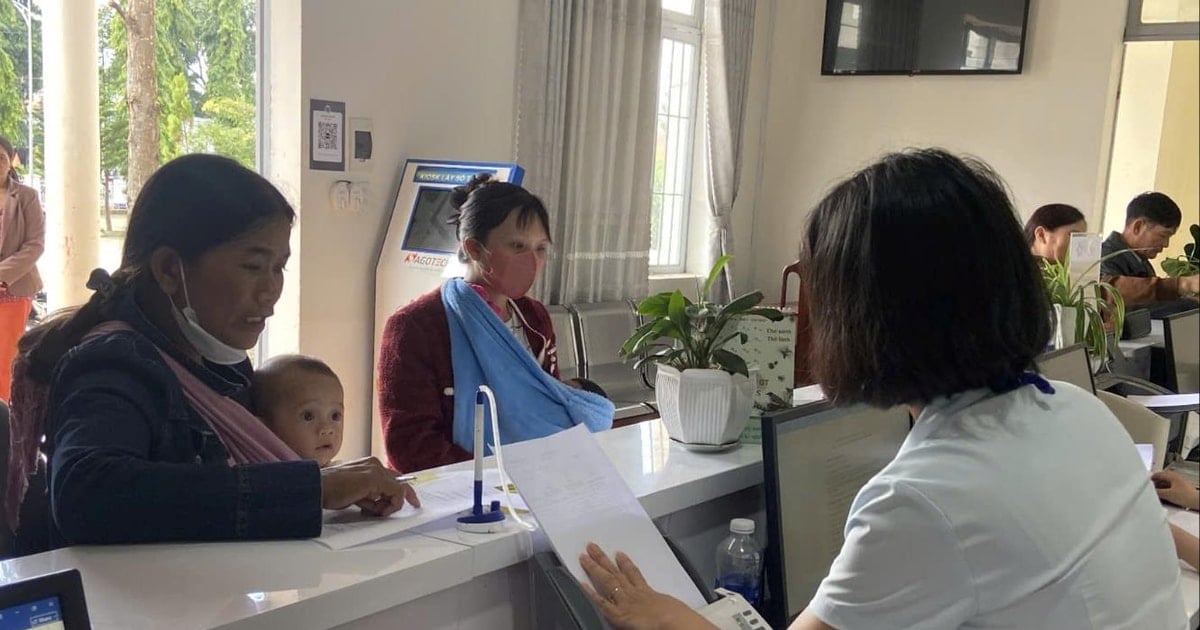

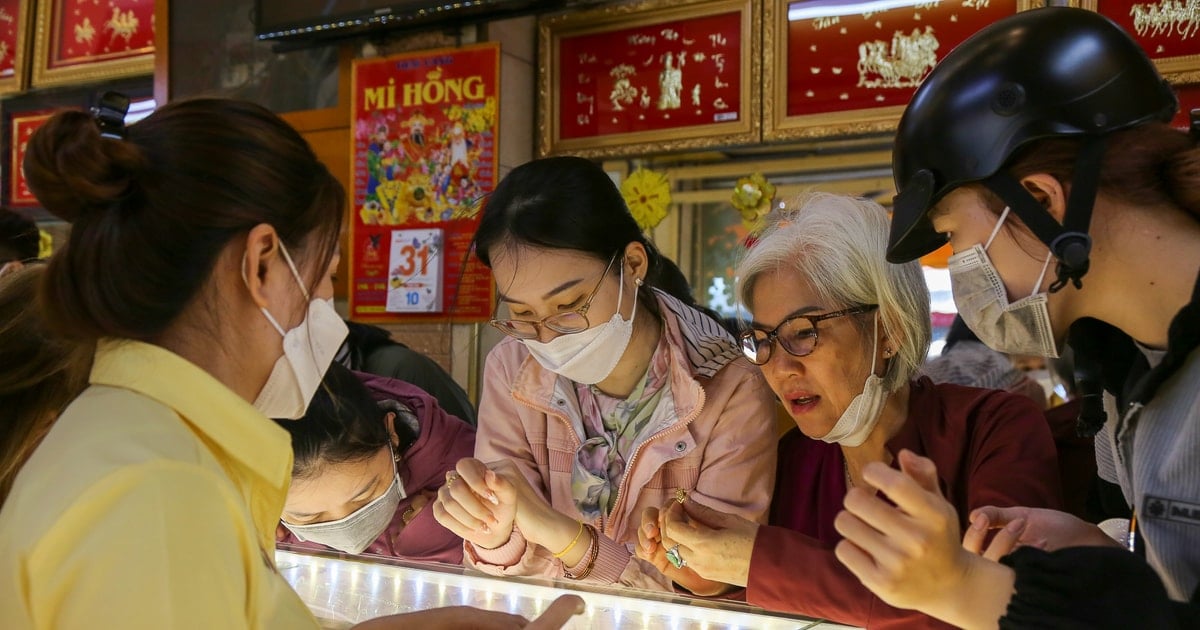















Comment (0)